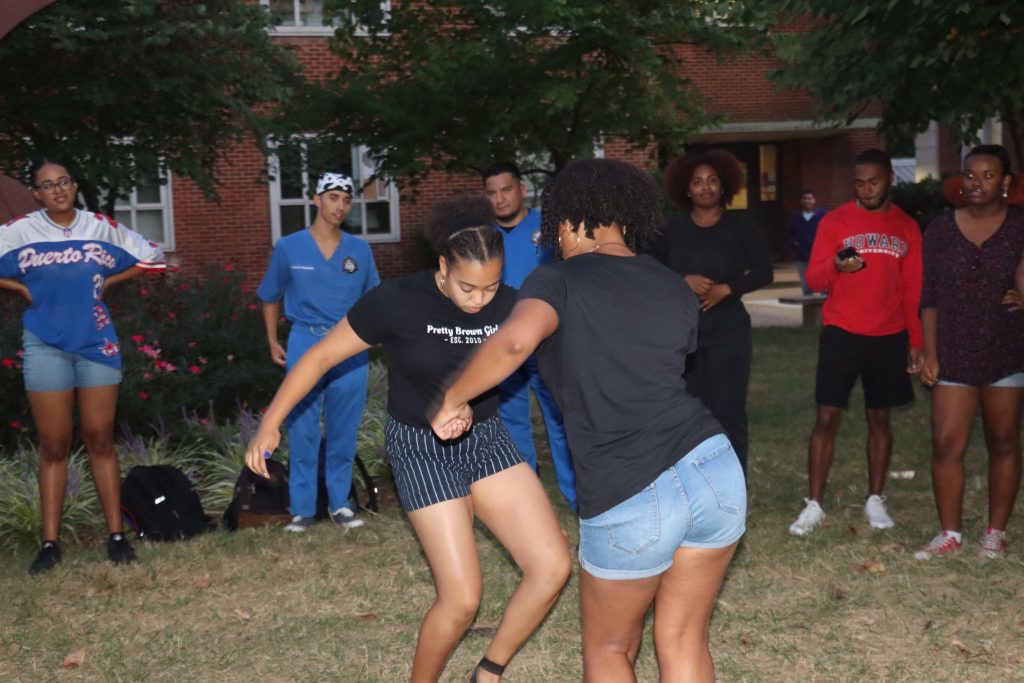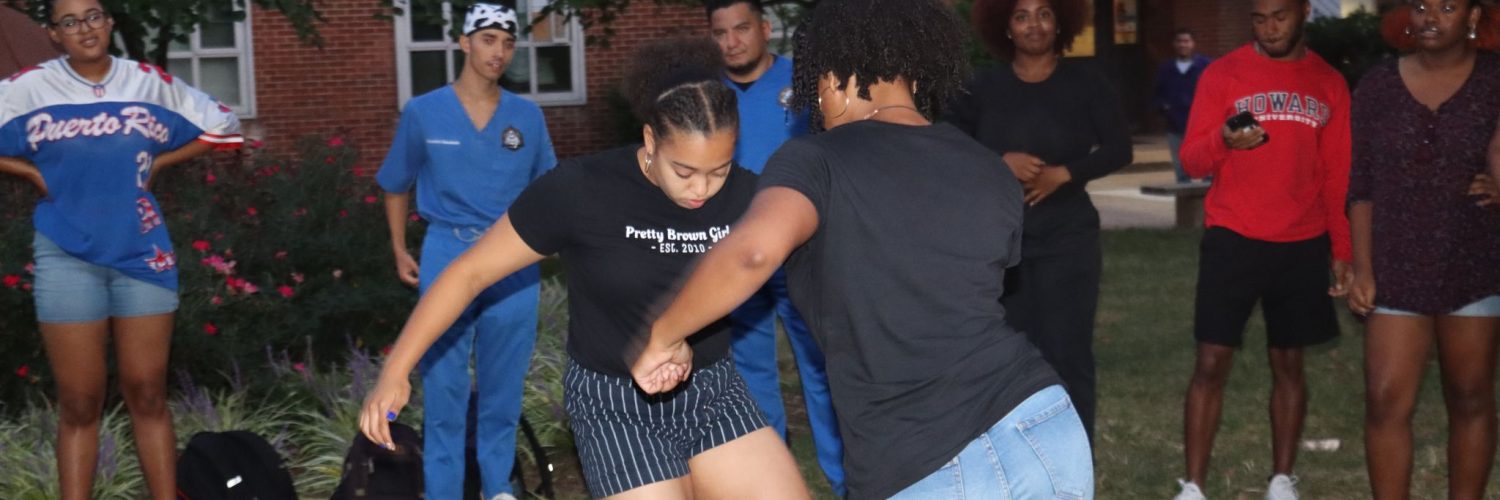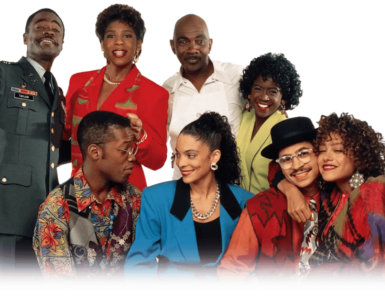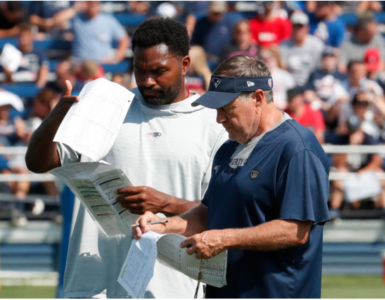
For the first time ever, Howard’s Afro-Latinx students ushered in Hispanic Heritage month with a Bachata dance class to bring awareness to Latin America’s rich, and often forgotten, African heritage. The only Afro-Latinx association on campus, Changò, is at the forefront of visibility efforts.
“Changò is the catalyst for bringing visibility to Howard, and we’re going to be pushing that forward all year,” vice president of Changò Kayla Cason said.
A turnout of over 100 students of all backgrounds was seen on Thursday night. Cason says she is not surprised to see so many join the fun as a space for Afro-Latinx expression did not exist until this year. Many Afro-Latinx Howard students went to events held for African or Caribbean students celebrating and enjoying the culture and realized they needed a space to celebrate themselves.
“I need to experience the level of joy and fulfillment that they’re experiencing with my own culture,” Cason said.
Changò’s Bachata Night was the first time Afro-Latinx students could experience their culture away from home.
“It definitely did feel like I was home, especially smelling the tostones and fried cheese,” freshman, Brianna Solano said. “I hadn’t spoken Spanish since I got to this campus, so when I was talking, people were speaking Spanish to me and I just couldn’t believe that.”
Junior Julian Garcia-Szyszka agrees, noting Afro-Latinx visibility starts with recognition. “I see other schools posting about Hispanic Heritage Month and even schools like Harvard have an entire convocation for the Hispanic students,” Garcia-Szyszka said. “Howard doesn’t even send an email from the President recognizing the month.”
As Hurricane Fiona rips through the islands of Dominican Republic and Puerto Rico, Garcia-Szyszka emphasizes how pivotal awareness is when it comes to supporting Afro-Latinx students by also recognizing the issues that impact their community.
“We need to show people not only ‘here’s what our culture is,’ but here’s the things that are going on,” Garcia-Szyszka said.
From Cuba, to Panama, and back to Colombia, Afro-Latinx students from various countries attended the dance class to find community with other Howard students of similar backgrounds. For Afro-Latinx students, Cason says “It’s more so giving them the space and the opportunity to enjoy something that they love and that they grew up with.”
Howard University School of Social Work graduate student Natalie Muñoz conducted a study this year, researching how Historically Black Colleges and Universities could positively impact Afro-Latinx student’s perspective on their racial identity and belonging. Muñoz found that most students have a positive experience, but less than a handful of specifically Afro-Latinx students with stronger native Spanish-speaker accents feel “ostracized and or stereotyped… They weren’t Black enough.”
While a majority of Muñoz’s research derives from responses of Howard students, the overall consensus is representative of Afro-Latinx students from four HBCUs in total.
“HBCUs have the power to facilitate healing for a lot of students who have not been able to feel comfortable in their authentic self or to feel a strong, positive racial identity because of colonization and because of anti-Blackness within [the Latinx community],” Muñoz said.
Edited by Akai Higginbotham










Recent Comments